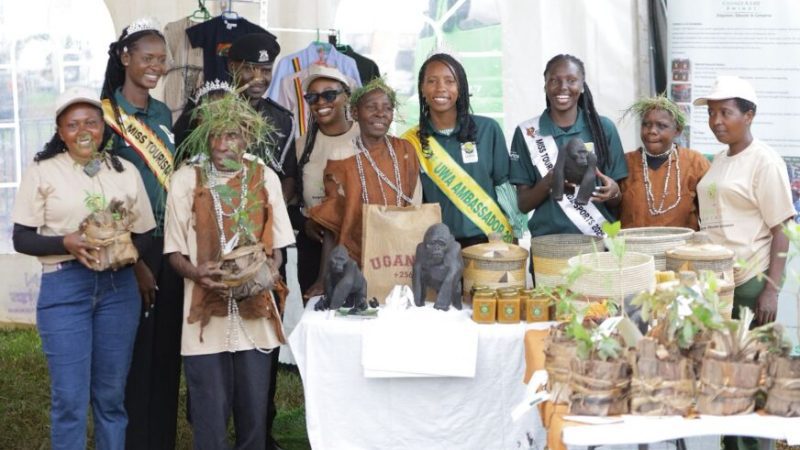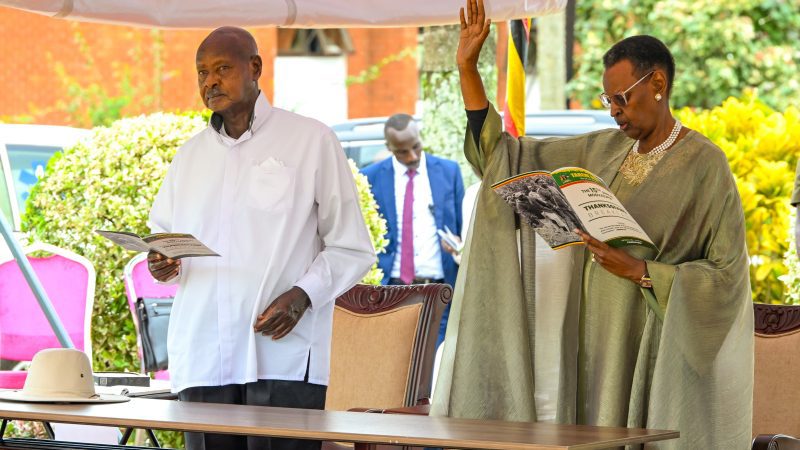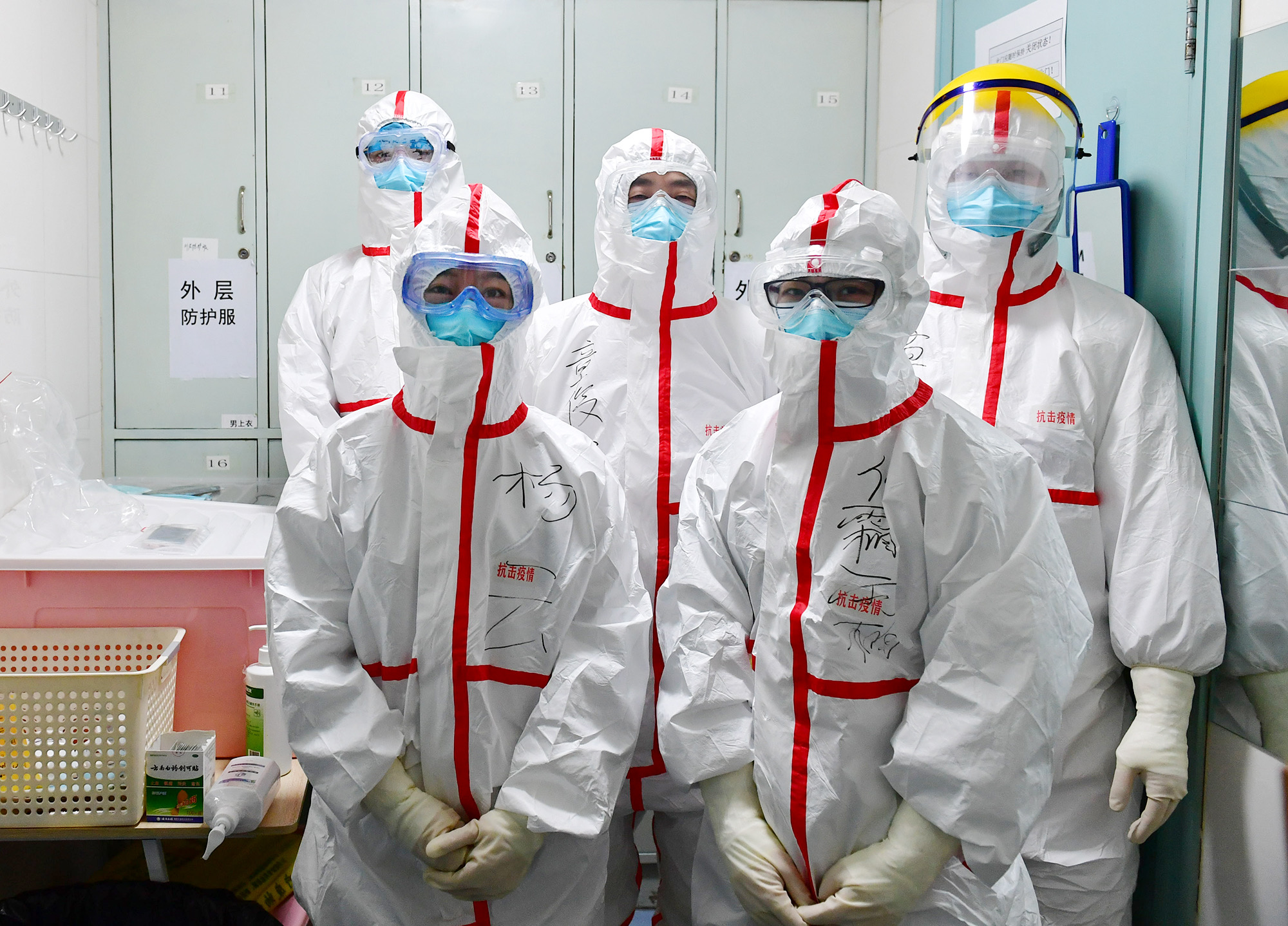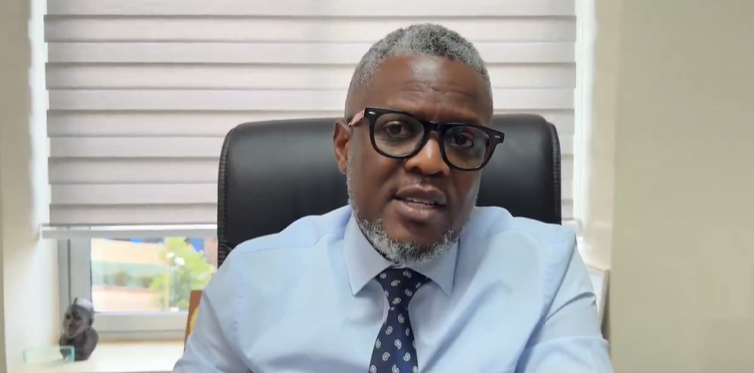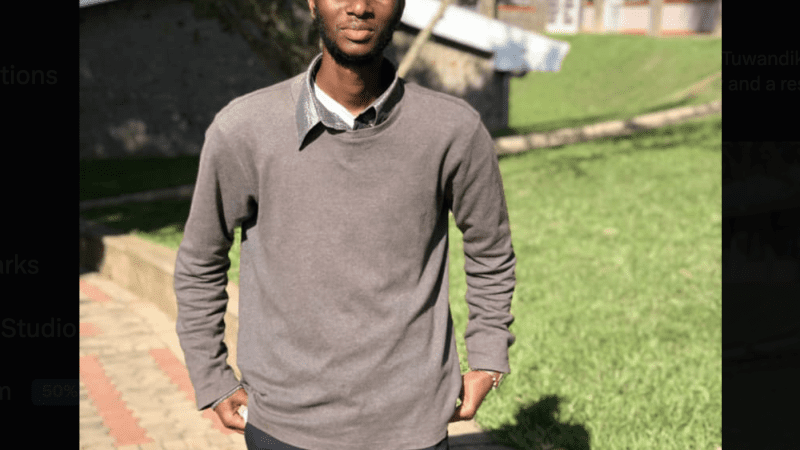On May 28, 2021, Irene Nakasiita, the Public Relations Manager of the Uganda Red Cross Society tested positive for COVID-19. She was admitted to Jinja Regional Referral Hospital on the same day since her lungs were filling up with fluid.
Nakasiita describes her stay at the hospital as worrying since doctors refused to take care of patients in the COVID-19 ward. She says the doctors often left the patients in the hands of nurses who could not do much in case of complications.
According to Nakasiita, due to the lack of staff, the health workers advised her to get a caregiver from home to look after her. She says that she received the advice when taken off from oxygen and was placed in a private room. COVID-19 treatment protocols do not allow family members to cater for the sick due to the highly infectious nature of the disease.
In addition to lack of staff, Nakasita says the hospital did not provide them with the meals associated with COVID-19 hospital management. She says she had to pay someone outside the hospital to provide her with food. Nakasiita is not alone.
According to the administrators in some regional referral hospitals in the country, many share Nakasita’s experience due to lack of human resource. Dr. Paska Apiyo, the head of the COVID-19 treatment unit at Gulu Regional Referral hospital says that many of health workers in ICUs do not want to work.
“We have very few committed staff to support the patients in the COVID-19 Treatment Unit-CTU and this is serious since we need staff to look after the patients. Many of the patients admitted now need round the clock care,” Apiyo said.
Dr. Florence Tugumisirize, the Director of Jinja Regional Referral Hospital told URN, the hospital can no longer afford to care for patients as they did in the first wave.
Tugumisirize says they are facing human resource challenges because many health workers do not want to attend to COVID-19 patients while families have stopped others from working in CTU.
In such a situation, such hospitals are relying on the intern doctors and nurses without the required training or expertise in most cases to handle infectious diseases.
“Before, we had many doctors working but now, we only have a team of five which comprises of three nurses and doctors that work in shifts. Most people from other wards that worked with us in the first wave refused to join us. So we accept the little help that we get,” Apiyo said.
Dr. Mkukuzi Muhereza, the secretary-general of Uganda Medical Association, an umbrella body for all health workers, says that while doctors promise to provide care to patients in the Hippocratic Oath, they are right in refusing to expose themselves to COVID-19.
He says if the government cannot provide all health workers with enough Personal Protection Equipment-PPEs, health workers have to protect their lives first even if this means not showing up for work.
According to the UMA, the doctors hesitancy to work in the COVID-19 ward is attributed to the lack of PPE, delayed payment of allowance and salaries. In addition to this, Apiyo says that some doctors do not even get drinking water.
“Before the doctors would be given a food allowance that would encourage them but that is no longer there. The doctors have no morale to work. They are not even given drinking water,” she adds.
Officials from the ministry of health that URN spoke to about the dilemma of patients said they were not aware of the problem. Dr Charles Olaro, the Director of Health Services promised to look into the matter.
“We had not yet heard about this happening but we shall look into it and see what exactly is happening,” Olaro said.
——————-
By: URN




